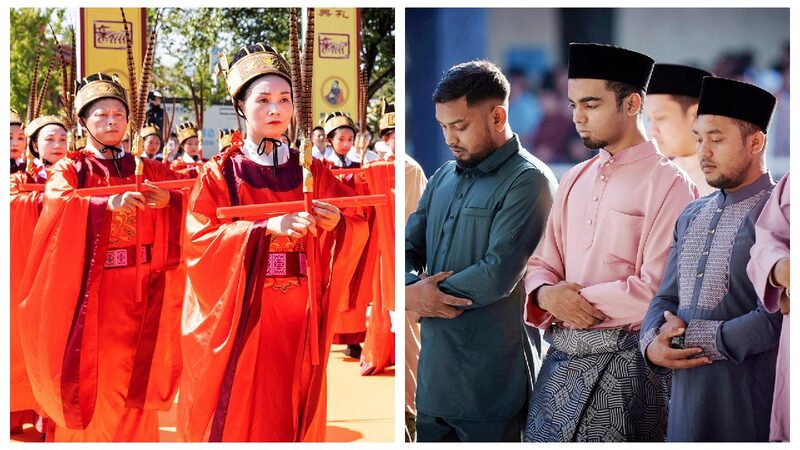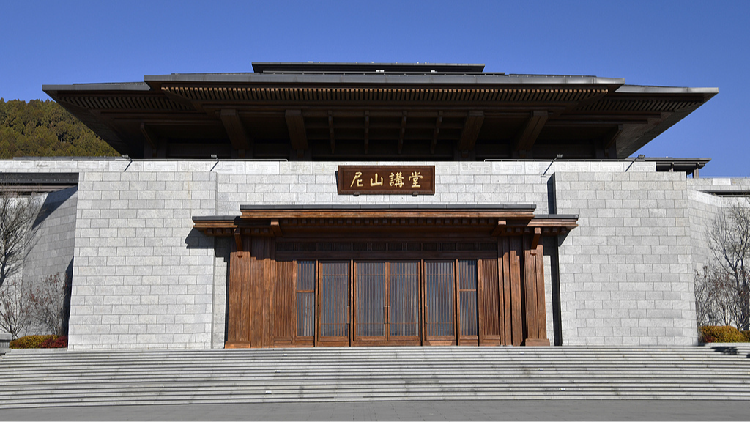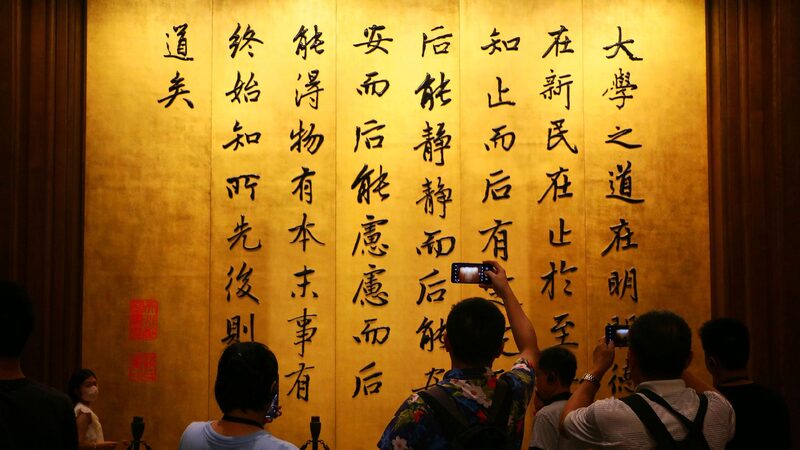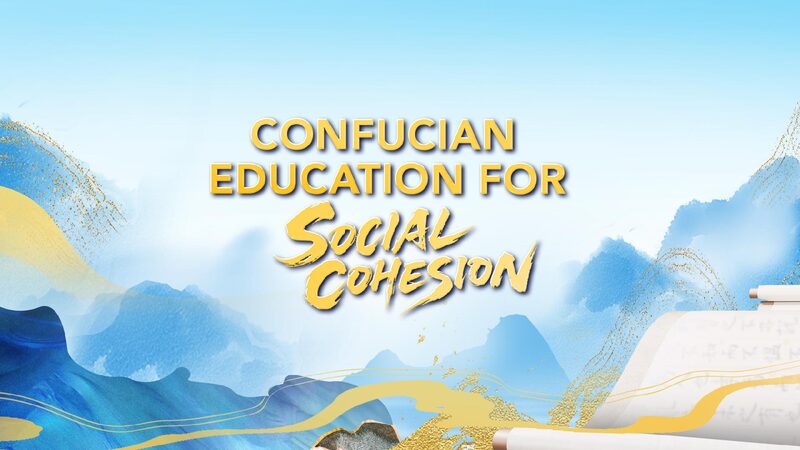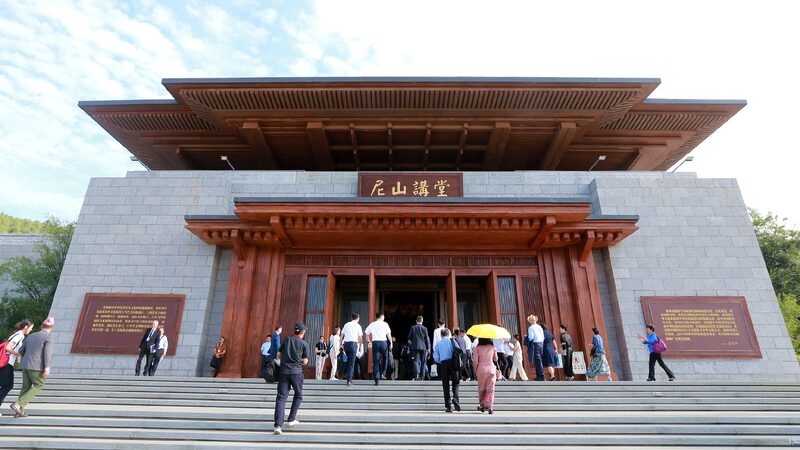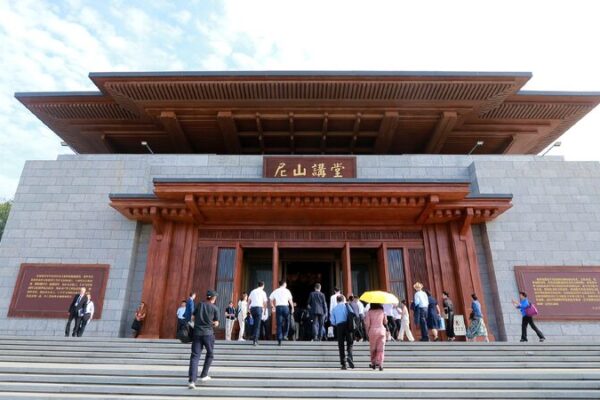Shared Paths: Confucianism and Islam Unite in Common Values
In a world rich with diverse cultures and beliefs, Confucianism and Islam stand out as two philosophies originating from different corners of the globe yet share striking similarities. Despite their distinct origins—Confucianism rooted in ancient China and Islam emerging from the Arabian Peninsula—they converge on fundamental values that emphasize education, moral development, and harmonious social relations.
The Power of Education
Both Confucianism and Islam place a high value on education as a means to cultivate morality and advance society. Confucian teachings advocate for “education for all without discrimination,” promoting the idea that learning is essential for personal growth and societal well-being. Similarly, Islam regards the pursuit of knowledge as a religious duty, with Prophet Muhammad’s saying, “Seeking knowledge is an obligation upon every Muslim,” highlighting its significance. Islamic scholars, or ulama, serve not only as guardians of religious knowledge but also as guides in ethical and social matters.
Harmony in Social Relations
Central to both philosophies is the emphasis on maintaining social harmony and order. Confucianism introduces the concept of “harmony without uniformity,” encouraging mutual respect and cohesion without enforcing sameness. Ritual propriety, or li, is seen as a means to uphold societal order. In Islam, while unity within the Muslim community is important, there is also a strong advocacy for justice, tolerance, and peaceful coexistence with people of other faiths.
Building a Collaborative Future
The shared commitments of Confucianism and Islam to education, moral responsibility, and communal harmony offer valuable insights for bridging cultural divides. In an increasingly interconnected world, these philosophies provide guidance on fostering mutual understanding and cooperation. By embracing the enduring wisdom of both traditions, societies can work towards creating a more harmonious and collaborative global community.
Reference(s):
Confucianism and Islam: Converging values in a diverse world
cgtn.com
